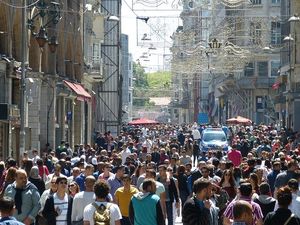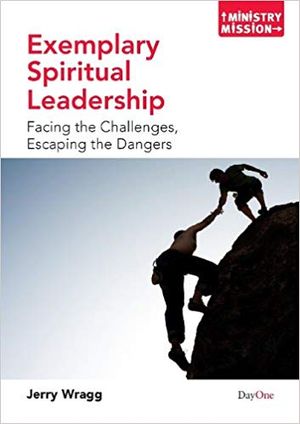The Romas of Bulgaria
We have recently heard of the expulsion from France of great numbers of Romanian Romas (Gypsies). This reminded us of the two summers we spent in Bulgaria, in response to the invitation by the pastors of several Bulgarian churches for my husband to preach to the Roma people in the Turkish language.
This ethnic group (called Millet in Turkish) moved into the area of Bulgaria 700 years ago and settled there. During the Ottoman Empire’s rule over Bulgaria they converted to Islam and started to use Turkish as their language of communication.
Hopelessness
Today, the majority live on the edge of towns and cities in ghetto-like neighbourhoods. Some of these neighbourhoods are marked by squalor while others are marginally better. They have little interest in education and are heavily discriminated against in society. They are marked by hopelessness, superstition and occultist beliefs and practices.
Girls are made to marry around 13-15 years old and boys at 16-18 years. Many children are brought up by grandparents and grow up undisciplined. In recent years there has been a growth in the use of drugs and prostitution.
In the 1980s, when Bulgaria was under Communism, a number of evangelical Christians and churches had a great burden for their souls and started to pray for them. A revival broke out around this time and possibly 10,000 Romas were added to the evangelical churches, forsaking Islam. Sadly, in the past six years there has been a rapid decline and today there are possibly only 3,000 who have remained faithful to Christ.
When we spent time there in the 1990s, we could see for ourselves the sad lack of Turkish-speaking pastors committed to building them up in the Word and doctrine. There was a great emphasis on healing, and understandably so, since terrible poverty followed the collapse of communism and needful medicines were impossible to find, forcing many doctors to leave Bulgaria to practise in countries where they could better treat their patients.
Awakening
We experienced the power of God’s Spirit as, night after night, many would weep in sorrow for their lost souls and beg for God’s salvation in Jesus Christ. One mayor, from the town of Razgrad, informed us that since the community had become Christian, crime had almost vanished from the area.
Wherever we travelled, the same wonderful work could be seen among only this ethnic group. Two memorable incidents have stayed in my mind and encourage me in the knowledge that when God comes down in power, people and societies are transformed.
The first is of the drunken man I had to sit with outside, to prevent him from disturbing my husband’s preaching. Without a word from me he suddenly began to cry bitterly and lamented, ‘They are all in there being saved and I am lost, utterly lost’.
The second memory is of a very old woman, whose henna-dyed hair was plaited down to her knees and who had no teeth left in her mouth. However, her face glowed with radiance as she testified to the whole assembled group, ‘Since I gave my heart to Jesus my heart is filled with peace and joy and I feel like a young girl!’
These precious converted Romas are the recipients of God’s love and grace in Christ. The Lord is no respecter of persons – the gospel is to those who are afar off and to all whom our God will call.
Ann Winch












